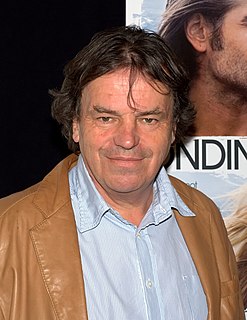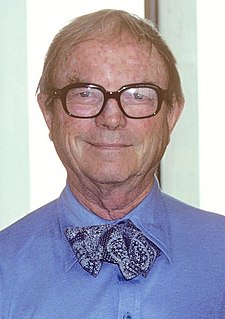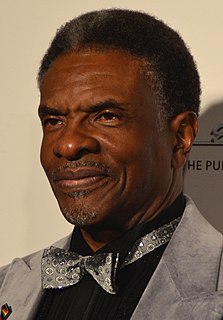A Quote by Neil Jordan
There's no point in making a film out of a great book. The book's already great. What's the point?
Related Quotes
Bypasses are devices that allow some people to dash from point A to point B very fast while other people dash from point B to point A very fast. People living at point C, being a point directly in between, are often given to wonder what's so great about point A that so many people from point B are so keen to get there and what's so great about point B that so many people from point A are so keen to get there. They often wish that people would just once and for all work out where the hell they wanted to be.
Wayne Wang, the director of Because of Winn-Dixie the movie, understood the book and transferred as much of the feeling of the book onto film as humanly possible. I think he did a fabulous job. And also I'm thrilled because the movie brings people to the book - people that wouldn't know about the book - and that's a great thing.
I can walk into a bookshop and point out a number of books that I find very unattractive in what they say. But it doesn't occur to me to burn the bookshop down. If you don't like a book, read another book. If you start reading a book and you decide you don't like it, nobody is telling you to finish it.
I have to get three pages done every day, and there's usually a point about 150 pages in where everything falls apart, where all the plans are for naught. The book has become something else, and I have a nervous breakdown, and then I submit to what the book has become, and I keep going, and that's a terrible and then a great time.







































